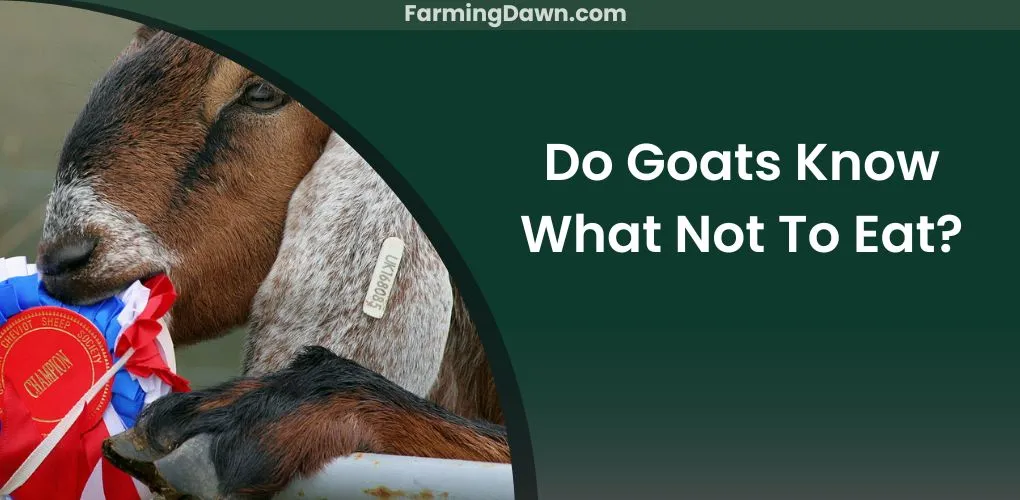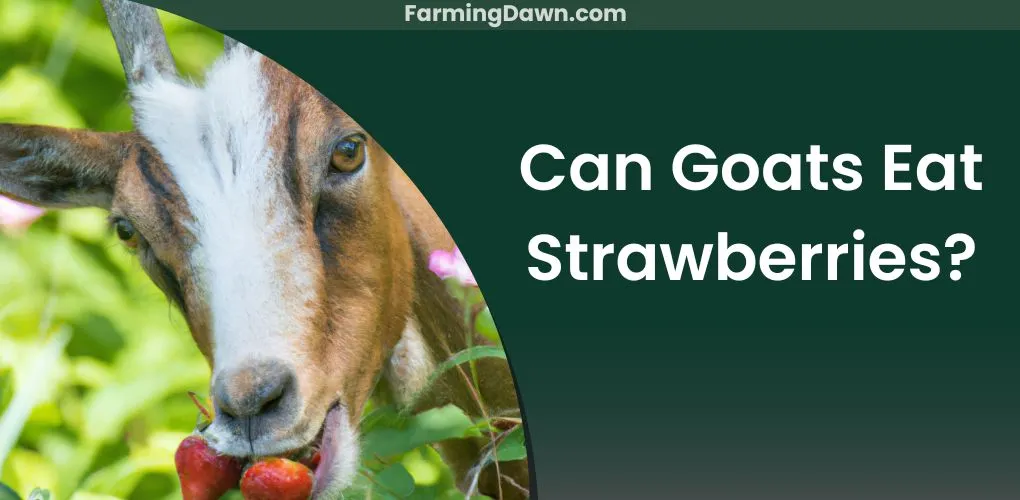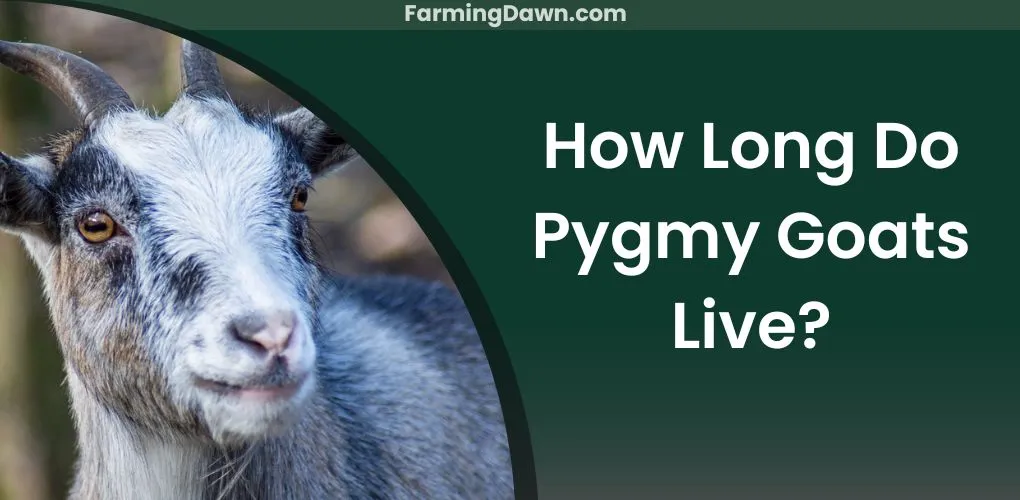Today I’m here to talk about one of the many mysteries of nature: Do goats know what not to eat? This topic has long been debated by farmers, goat owners, animal experts, and scientists – you name it! We can all agree that animals have evolved some amazing abilities over millions of years. So why wouldn’t they possess the ability to distinguish between food sources that are good for them and those that could harm them?
That’s where I come in. My mission is to explore this question in-depth and provide an answer based on real-world evidence. To accomplish this task, we’ll look at both anecdotal stories from people who own and work with goats as well as scientific studies that examine their behavior and dietary habits.
At its core, our investigation into whether or not goats have a sixth sense when it comes to choosing food is really about understanding how animals interact with their environment. By delving deeper into this mystery, perhaps we too can learn something new about ourselves and our place in the natural world.
Do Goats Know What Not To Eat? Explained
Digestive System Of Goats
Goats are amazing animals, with incredible digestive systems. They have four stomachs, which allow them to digest a wide variety of food that most other animals can’t eat.
The first three stomachs in goats help break down the fiber and protein in what they’re eating – things like bark, twigs, hay, fruits, vegetables, and grains.
Then there’s the fourth stomach in goats called the abomasum where digestion takes place just as it does in other mammals. This is where goats turn all those plants into energy that helps them grow and stay healthy.
It’s truly impressive how much these animals can consume without getting sick from something toxic or indigestible. Goats even have special adaptations for dealing with toxins found in their food – like tannins and alkaloids – that make them more resilient than many other creatures.
But despite their resilience, goats still need help knowing what not to eat at times due to their keen sense of taste and curiosity about new foods. Also, learn about the best treats for goats in my other post to better understand their digestive system. Now, let’s look closer at this important ability; specifically, the role of taste receptors in helping goats tell edible from poisonous plants.
Taste Receptors In Goats
Goats have taste receptors that help them identify what is edible and what is not. They avoid eating toxic plants thanks to their acute sense of smell and taste, which helps them determine if food is safe or not. It’s an evolutionary advantage they developed over centuries in order to survive on a wide variety of natural foods.
There are following five basic tastes in goats:
- Sweet
- Sour
- Salty
- Bitter
- Umami
Apart from five basic tastes, goats are also able to detect pungent smells such as those found in some plant species like garlic mustard or chicory.
Goats can even differentiate between different types of grasses due to their highly sensitive olfactory system. This means they can tell the difference between nutritious grasses they should eat and poisonous weeds they should steer clear of!
Thanks to the olfactory system, goats are able to navigate around fields full of pasture without having to worry about poisoning themselves by accident. In fact, research has shown that goats will actively seek out certain plants for health benefits while avoiding others completely.
With so many options available in nature, it’s no wonder why these animals have evolved such sophisticated survival mechanisms when it comes time for dinner! As we move into discussing the foraging behavior of goats next, remember that with great taste receptors come great responsibility – for finding tasty treats!
Foraging Behavior Of Goats
It’s as if the goats have a sixth sense when it comes to foraging. The knowledge of what is safe and not safe to eat has been bestowed upon them in an instinctual way, almost like they can instinctively read food labels. They know exactly which plants will provide nutrients and which ones could potentially harm them.
The goat’s natural curiosity leads them to explore every corner of their environment with fervor, searching for something that sparks their appetite or entices their taste buds – much like humans do in supermarkets.
From clover mixtures to wild carrots, the ability to determine what’s good and bad makes goats some of the most efficient grazers on planet earth. Although they are omnivorous animals, they generally prefer plant-based diets since vegetation provides more nutritional value than animal matter does.
This is why you’ll often find goats nibbling away at leaves, twigs, bark, fruits, flowers, and herbs; all things that contribute to healthy living.
Goats display fascinating behavior while grazing. Unafraid of trying new foods or eating unfamiliar items, they will sample small quantities before deciding whether or not it’s worth continuing consumption – similar to how we shop around for the best deals on groceries!
And just like us humans who love variety, goats enjoy different textures and flavors so much that during mealtimes you may observe a wide array of green grasses mixed up with exotic weeds! All this goes to show that goats truly understand their dietary needs and ensure that those requirements are met by being selective about what they eat – giving us yet another reason to admire these amazing animals!
Do Goats Know What Not To Eat? Final Thoughts
At the end of the day, do goats know what not to eat? Goats have an instinctual understanding of what not to eat as part of their survival mechanism. It could be said that it’s almost like they possess some kind of sixth sense; something like wisdom passed down through generations upon generations that provide them with the knowledge of what items should be avoided if possible.
Goats have taste receptors that allow them to distinguish what is good from bad, and they use these skills when foraging in their environment. As someone who has raised goats myself, I can attest to how incredible they truly are!






